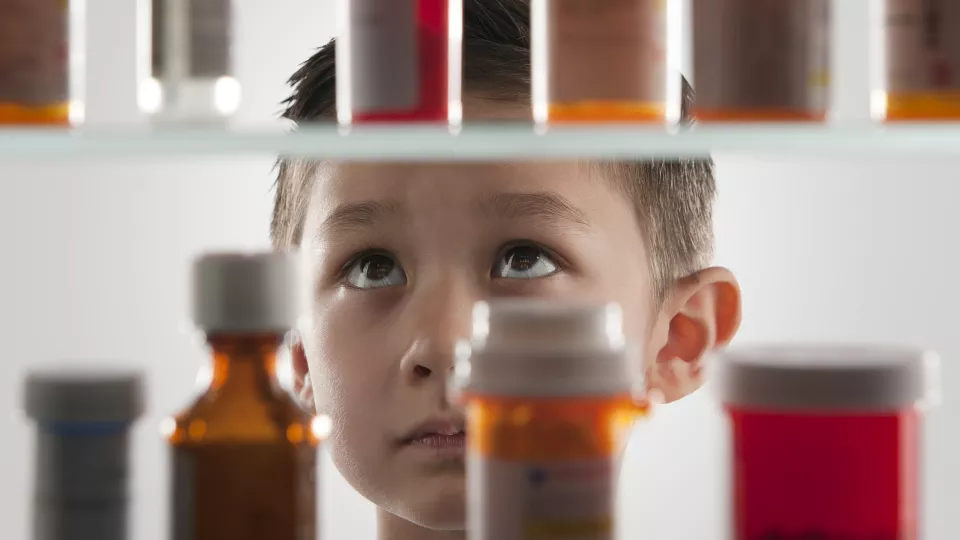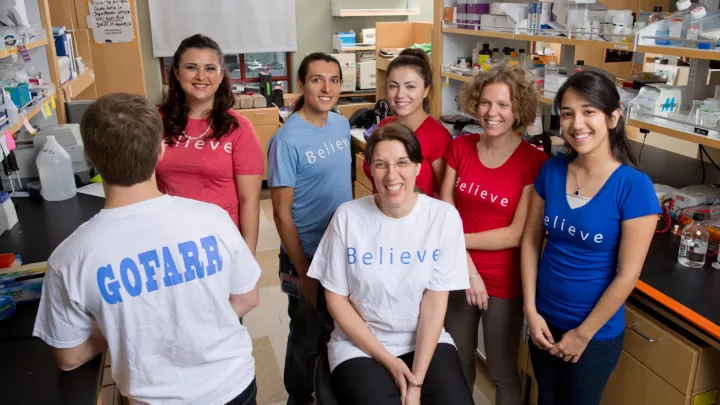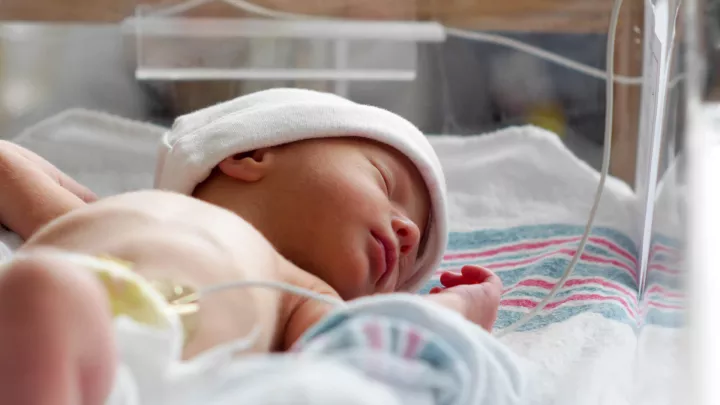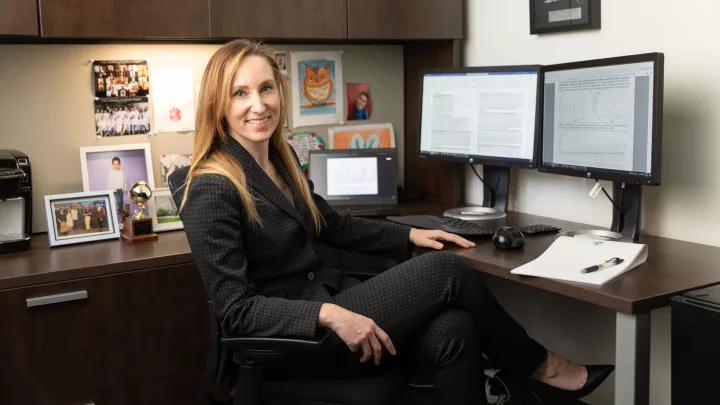
CHLA Saturday Event Invites Families to Dispose of Unwanted Medications
Nothing good can come of having unused and unneeded medications sitting in a household cabinet—and if there are children around with access to those cabinets and a natural curiosity about what’s in the bottles, something bad could easily happen. Worse yet, depending on the drug a child might ingest, that something bad could turn out to be catastrophic.
Children’s Hospital Los Angeles is offering families an opportunity to eliminate this danger from their home by disposing of their unwanted pills safely, responsibly and permanently. On April 27 from 10 a.m. to 2 p.m., CHLA is hosting the Narcan Teaching/Distribution and Opioid Takeback at La Cañada High School. You can drop your unused prescription medications, including opioids, into a specially designated, federally approved bin and remove all possibility of their ending up in the hands and then the stomach of your child.
“This is a safe, no-questions-asked event,” CHLA pediatric surgeon Lorraine Kelley-Quon, MD, MSHS, FACS, FAAP, says.
Dr. Kelley-Quon and her research group, the Health Outcomes and Policy Effects (HOPE) Lab, are conducting the event, with co-sponsors the USC Institute for Addiction Science and the USC Verdugo Hills Hospital. It will run in connection with National Prescription Drug Take Back Day, put on by the U.S. Drug Enforcement Agency (DEA). If La Cañada High School is inconvenient for you, you can deposit your excess medication at any local collection site listed on the DEA’s website.
The CHLA event is putting special emphasis on the retrieval of prescribed opioids, which are at the center of an epidemic of addiction in the U.S. and have caused scores of fatalities among U.S. youth. Opioids such as Vicodin and Percocet do have their place in medicine. They are commonly prescribed for pain after a surgical procedure, but those prescriptions often leave a surplus of unused pills—sometimes more than 70% of the initial supply, according to Dr. Kelley-Quon.
That unused portion creates a threat to both young children, who can get into them accidentally, and teens, who may go searching for them. For the latter group, Dr. Kelley-Quon describes one scenario: “’I went to visit Grandma and she has a bunch of leftover oxycodone in the medicine cabinet, and I just happen to know they're there, and I took some.’”
Each week 22 teenagers die in the U.S. from a drug overdose, with most of the deaths related to opioids. That intensifies the need for people to know what to do if they are at the scene of an opioid overdose. Dr. Kelley-Quon says the La Cañada High event will also provide participants with information about Narcan (generically known as naloxone), an over-the-counter counteractive agent for opioid overdose, as well as training on how to administer it. The first 50 participants will get a free dose of the medication, courtesy of the USC Institute for Addiction Science.
Children’s Hospital Los Angeles has been out in front of the effort to remove unused medications and opioids from people’s homes. In 2019, CHLA became the first freestanding children’s hospital in the Western U.S. to offer a DEA-approved opioid disposal bin, a point of pride for Dr. Kelley-Quon.
“My research team and I advocated for that to be put in,” she says. “We pushed really, really hard.” The bin is located on the first floor of the hospital, outside the outpatient pharmacy.
But this is Dr. Kelley-Quon’s first crack at a drug take-back day and she has big aspirations for it.
“If we have a strong showing this weekend, we'd really like to expand it to other school districts and other areas in Los Angeles.”


